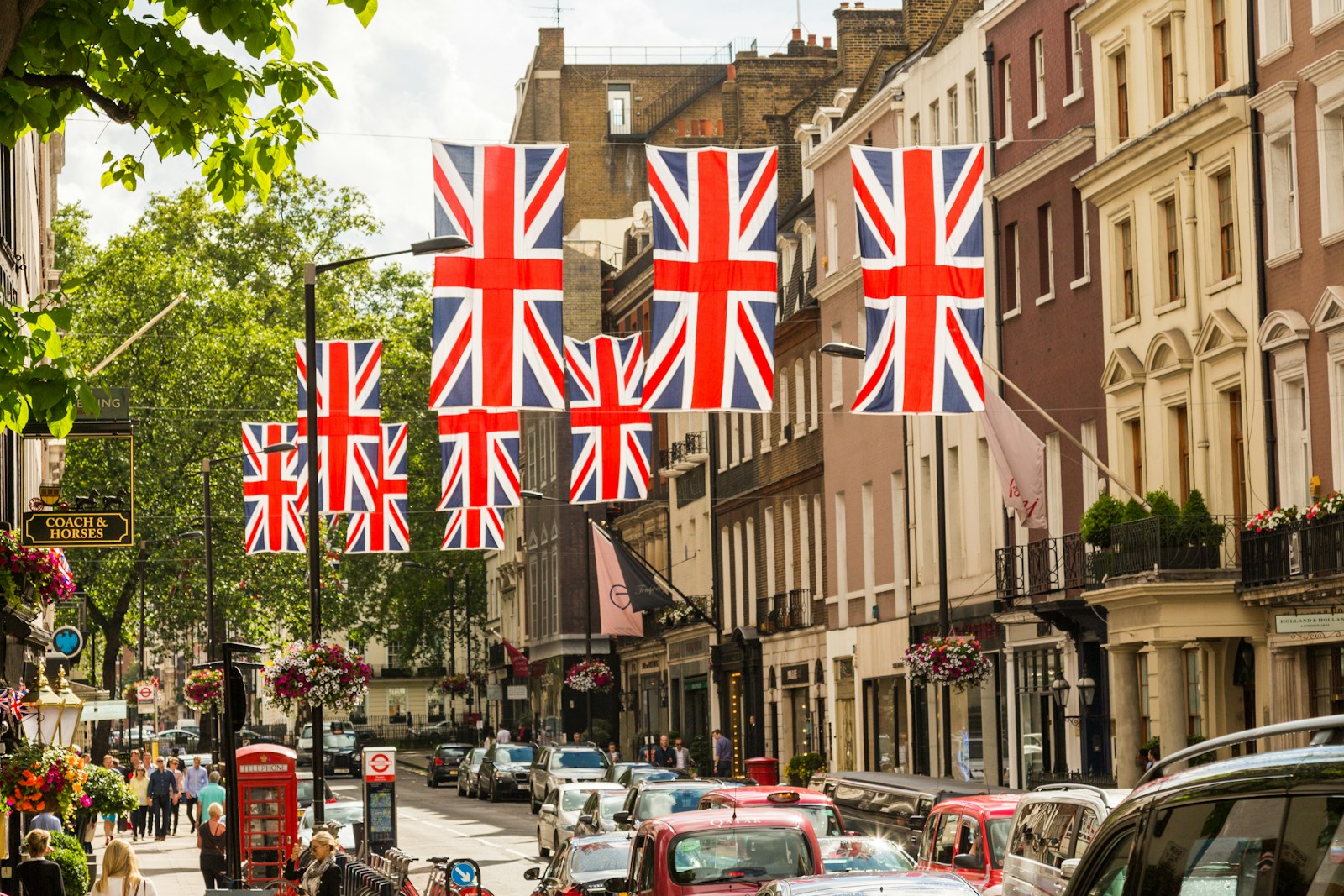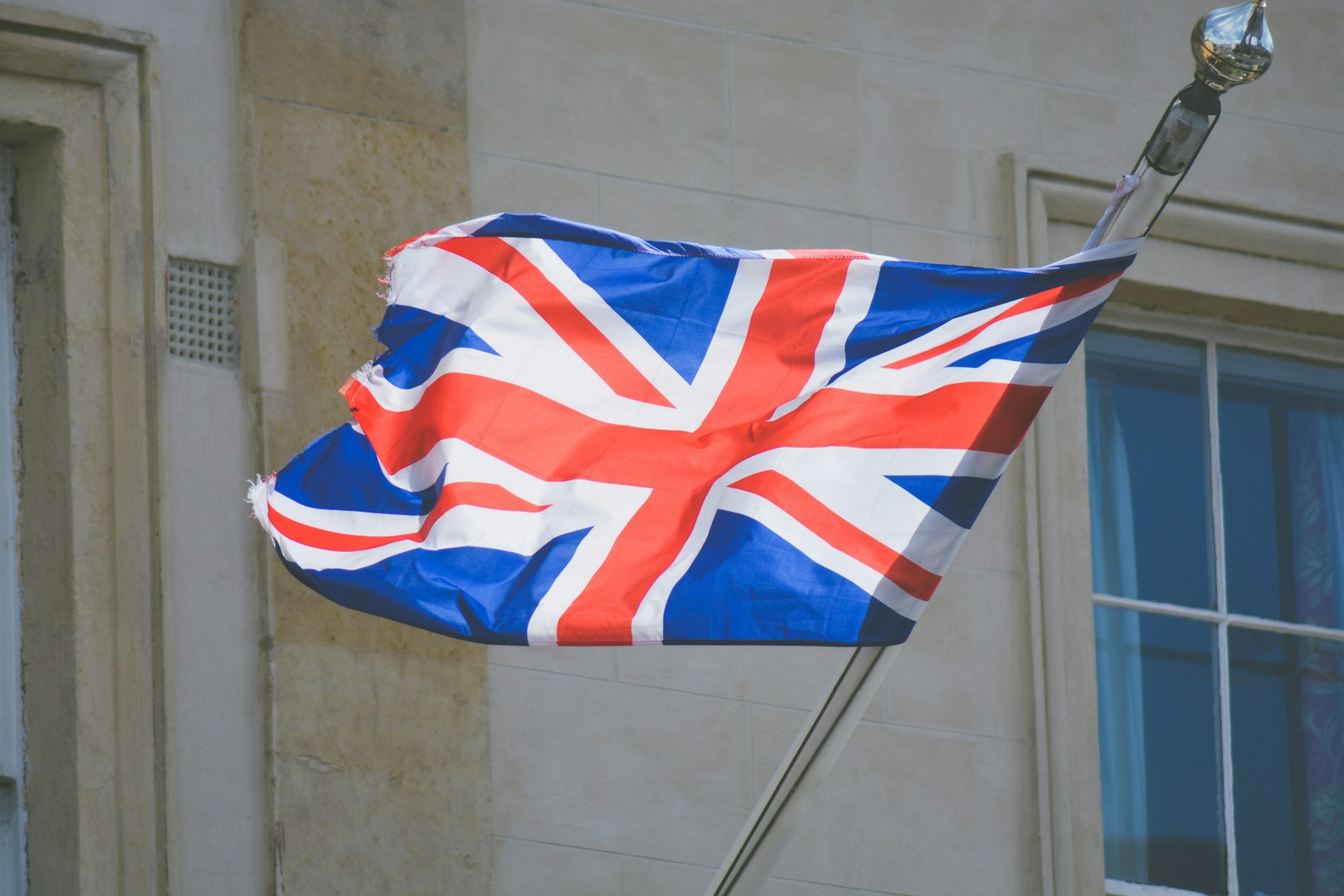
Introduction
William Shakespeare, often hailed as one of the greatest writers in the English language, had a remarkable ability to create characters that felt vividly real, even to modern audiences. One of the fascinating aspects of his work is the way he used regional dialects and speech patterns to give depth to his characters. In this article, we’ll explore how different characters spoke differently in Shakespeare’s plays, illuminating the playwright’s intricate use of language to reflect social status, regional origins, and personal traits. So, grab your quill and let’s dive into the rich tapestry of Shakespeare’s linguistic world!
The Importance of Dialect in Shakespeare’s Works
Shakespeare lived during the late 16th and early 17th centuries, a time when England was marked by a variety of regional dialects. These dialects were not just accents; they were also reflective of one’s social class, education, and even profession. In his plays, Shakespeare utilized these dialects to distinguish between characters, illustrating their backgrounds and relationships with one another.
Social Status and Dialect
One of the most prominent ways Shakespeare differentiated his characters was through their dialects. The use of formal, poetic language often signified nobility, while common folk tended to speak in a more colloquial and straightforward manner. For instance, consider the difference between characters like Hamlet and the gravedigger. Hamlet, the Prince of Denmark, speaks in elevated, eloquent prose, rich with metaphor and introspection. His soliloquies are a study in complexity, reflecting his noble status and the weight of his existential dilemmas.
On the other hand, the gravedigger in “Hamlet” speaks in a much more relaxed, humorous tone, using puns and simple language that reveal his lower social standing. This contrast not only adds to the character development but also enriches the overall narrative, making the world Shakespeare created feel more authentic.
Regional Dialects in Shakespeare’s Plays
Shakespeare’s England was a patchwork of regional dialects, and different areas had their own distinctive ways of speaking. Let’s look at some notable examples of regional dialects found in his works.
The North vs. The South
Characters from the north of England frequently exhibit different speech patterns compared to their southern counterparts. For instance, in “Henry IV,” we encounter the character of Falstaff, who is often associated with a boisterous and humorous manner of speaking. His jovial, larger-than-life persona can be seen as a reflection of northern bravado. The contrast with more serious southern characters, such as Prince Hal, highlights the regional distinctions.
In “The Taming of the Shrew,” the character of Petruchio, who hails from Verona, employs a unique blend of Italian and English dialects. His speech is both assertive and playful, embodying the qualities associated with a strong, determined suitor. The mixture of dialects in such characters not only showcases their regional origins but also adds a layer of complexity to their interactions.
The Working Class
Shakespeare had a remarkable ability to create working-class characters that were both relatable and humorous. In “A Midsummer Night’s Dream,” the Mechanicals—characters like Bottom, Quince, and Snug—speak in a rustic dialect filled with malapropisms and misunderstandings. Their language is simple yet charming, often providing comic relief. The use of their dialect allows Shakespeare to explore themes of art and performance while grounding these characters in a reality that resonates with the audience.
Similarly, in “Romeo and Juliet,” the Nurse’s dialect is distinctly lower class. Her speech is filled with regional colloquialisms and serves as a humorous foil to Juliet’s more refined speech. This contrast not only highlights the social divide but also emphasizes the Nurse’s role as a maternal figure, bridging the gap between the upper classes and the lower classes.
The Role of Gender in Dialect
While examining dialects, it’s also essential to consider how gender plays a role in speech patterns. Shakespeare often depicted male characters as more domineering and articulate, while female characters sometimes spoke in ways that reflected their societal roles.
Strong Female Voices
In “Much Ado About Nothing,” Beatrice stands out as a character who defies traditional gender norms. Her sharp wit and clever wordplay are reminiscent of her male counterparts, and she often uses language to challenge societal expectations. Shakespeare crafts her dialogue with a blend of sharpness and humor that makes her a memorable and strong character.
Conversely, characters like Ophelia in “Hamlet” illustrate a more subdued use of language, especially as her mental state deteriorates. Her speech becomes fragmented and poetic, reflecting her tragic circumstances and the constraints placed upon her by society. Through these variations, Shakespeare masterfully demonstrates how gender influences speech and dialect.
Dialect and Character Relationships
The way characters speak is not just about individual identity; it also plays a crucial role in defining their relationships with one another. Characters often mirror or contrast each other’s speech patterns, revealing underlying tensions or affinities.
The Bonds of Friendship
In “The Merchant of Venice,” the friendship between Antonio and Bassanio is marked by a particular camaraderie in their speech. They speak in a shared, elevated tone, emphasizing their close relationship and mutual respect. Their dialogue enhances the theme of loyalty and sacrifice that runs throughout the play.
In contrast, the interactions between Shylock and the other characters highlight a stark division. Shylock’s speech, laced with Jewish dialect and Hebrew influences, sets him apart from the Christian characters, underscoring the themes of prejudice and isolation. Through dialect, Shakespeare brings to life the complexities of social relationships, making them resonate deeply with audiences.
Conflicts and Tensions
Dialect also serves as a tool for conflict. In “Othello,” the speech patterns of Iago and Othello effectively illustrate the growing rift between them. Iago’s manipulative language is filled with innuendo and deceit, contrasting sharply with Othello’s noble and straightforward speech. This difference not only highlights Iago’s treachery but also serves to deepen the audience’s understanding of Othello’s tragic flaws.
Conclusion
Shakespeare’s use of regional dialects and varied speech patterns enriches his plays in profound ways. By skillfully employing language to differentiate characters, he brings to life the social hierarchies, regional nuances, and personal traits that define his world. The complexity of Shakespeare’s characters is mirrored in their speech, making them relatable, memorable, and deeply human.
As we continue to explore Shakespeare’s works, it’s evident that language is not just a means of communication; it is a powerful tool that shapes character relationships, highlights social divisions, and showcases the beauty of human expression. Through his dialects, Shakespeare opens a window into the rich cultural tapestry of his time, inviting us to engage with the intricacies of language and the stories it tells. So the next time you dive into a Shakespearean play, pay close attention to how each character speaks—it’s a treasure trove of meaning waiting to be uncovered!


